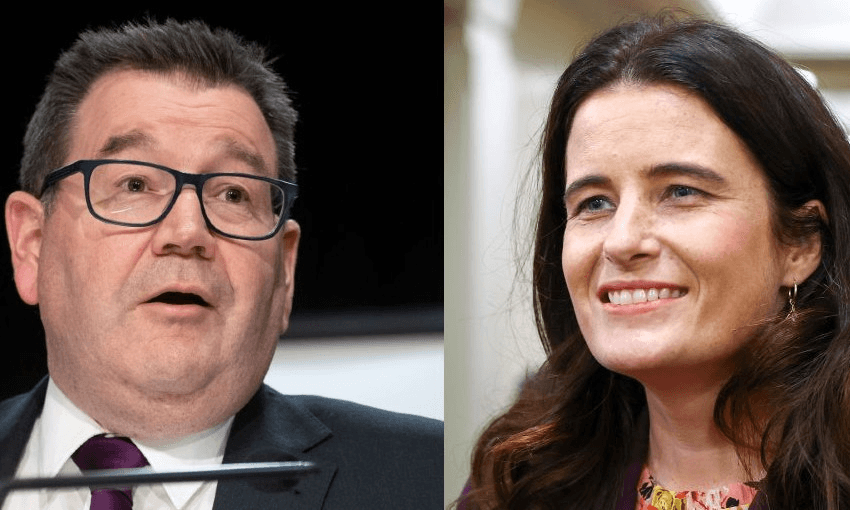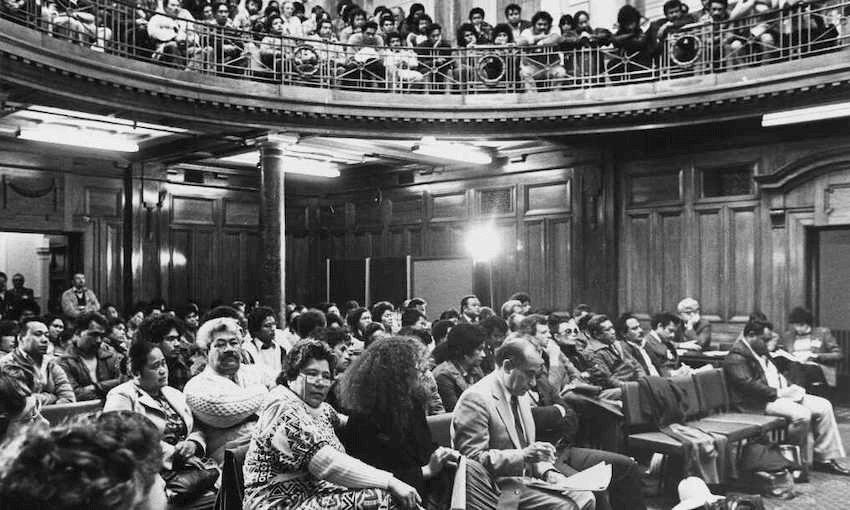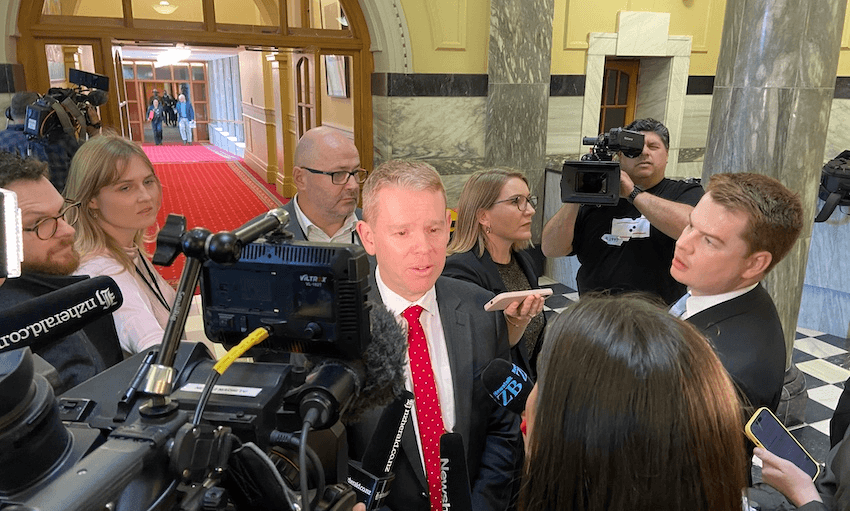The Commerce Commission has been asked to investigate reports of “dodgy” supermarket pricing.
It follows a long-running investigation by Consumer NZ, with the watchdog compiling dozens of examples of “unclear or misleading pricing and promotional practices” at stores owned by both Foodstuffs and Woolworths.
“The evidence sent to us in June includes 50 examples of misleading pricing, including 18 instances of people being charged more than the advertised price, 11 misleading multi-buys, and 21 specials that were not special,” said Consumer’s head of research and advocacy, Gemma Rasmussen. “There were also 30 instances of other potentially misleading pricing and promotional practices.”
According to Consumer, the supermarket duopoly could be in breach of the Fair Trading Act. “From September [2022] to the end of June, we received a total of 602 complaints from disgruntled shoppers,” said Rasmussen.
Interestingly, Consumer found “dodgy multi-buys” were most common at Foodstuffs stores, while specials that were more expensive than the original price were most common at Woolworths stores. And “mismatch pricing, which is where you’re charged a higher price than the price on the shelf, was common across all stores”.
A number of customers also complained to Consumer that supermarkets were becoming more frustrating to visit, noting confusing signage or “specials” that failed to display the regular, before-discount price.
Last month, The Spinoff reported that Countdown had incorrectly frozen the prices of two items at a higher rate during its “Great Price for Winter” promotion, which Rasmussen said was unsurprising. “At a minimum, shoppers should be able to trust the prices they see at the supermarket,” she said.



